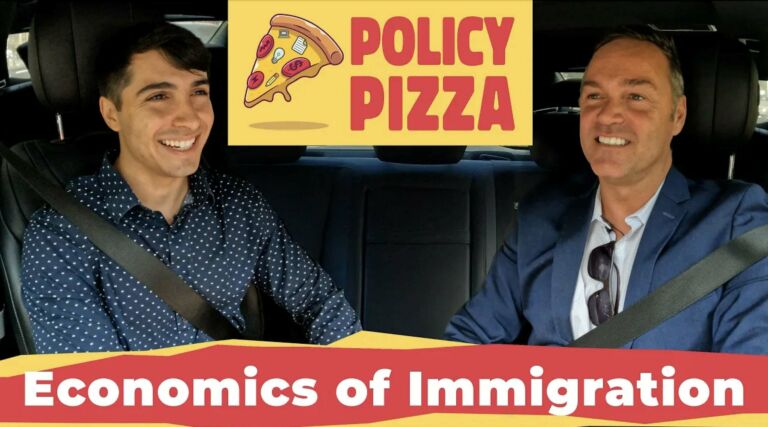A recent post by the far-left NC Policy Watch claimed in the headline: “Throwing money at the problem of poverty actually works.”
No, that’s not a headline from The Onion or Babylon Bee. They’re serious.
The famous 19th Century French economist Frederic Bastiat notably observed:
There is only one difference between a bad economist and a good one: the bad economist confines himself to the visible effect; the good economist takes into account both the effect that can be seen and those effects that must be foreseen. Yet this difference is tremendous; for it almost always happens that when the immediate consequence is favorable, the later consequences are disastrous, and vice versa.
This Policy Watch piece is a prime example of a bad economist.
In it, the claim is made that the massive government response to the government-created shutdowns helped reduce poverty.
“Direct stimulus payments and expanded unemployment benefits in particular helped people pay their bills, pay down debt, get medical care — and they also improved their mental health,” the article notes, concluding “the overall poverty rate fell in 2020, thanks to temporary stimulus payments.”
That’s the “favorable, immediate consequence” that Bastiat warned us that bad economists focus exclusively on, which is what this article’s author does.
There’s no mention of how the government paid for these initiatives, nor is there any concern expressed over the “later consequences” of such actions.
Well, these “later consequences” are coming to fruition now:
- The cost of living is rising dramatically, eroding the purchasing power of your money. Price inflation is especially sharp in groceries, gas and energy, those everyday staples that consume a greater share of poor households’ income. Some experts are predicting a rise in energy bills of up to a stunning 54% this winter. Such inflation is especially devastating on low-income households. Those people supposedly “lifted out of poverty” last year by massive government spending? They’ll likely fall back into poverty this year and into next as inflation eats away more and more of their income, potentially with more joining them.
- Paying people more to not work for extended periods caused significant labor shortages, which helped to cause the massive supply chain issues we are seeing today. Empty shelves are not the mark of a strong economy, and harm low-income households disproportionately because they lack the resources to search multiple outlets for necessities, or pay a premium for scarce goods online.
- Housing costs are skyrocketing, including a major 11.4% increase in national median rent this year. This is an especially heavy burden for those supposedly lifted out of poverty last year.
No, the government “throwing money at poverty” does not work. The government has no money. Every dollar it “throws” at poverty must first either be taxed or borrowed from the economy, or created out of thin air by the Federal Reserve. Taxing and borrowing remove resources from the economy needed for investments in productivity – which is the key to wealth creation and actual poverty reduction. Money printing erodes the purchasing power of the dollar, and is especially harmful to the poor – just ask Zimbabwe and Venezuela.
While the massive spending programs may have temporarily papered over the negative consequences of the Covid shutdowns, we’re now seeing the consequences of such policies. Don’t let the easily seen short-term impacts blind you to the long-term consequences of government intervention.


